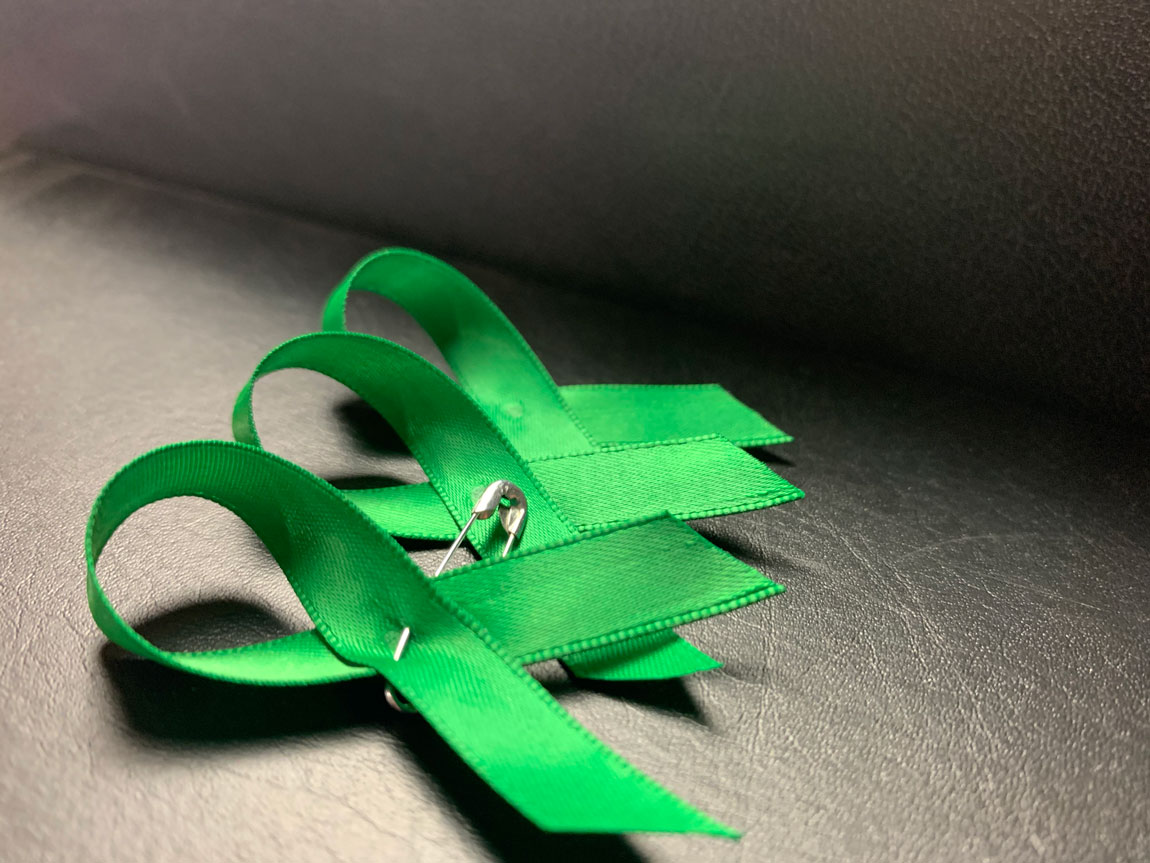You can’t go outside, loved ones in major cities are getting sick, you just got laid off and you have no idea what the job market will look like for the rest of the year—or ever again. For many Americans, life looks bleaker and more daunting than ever before. Having a mental health professional to talk to about overwhelming anxiety would be a massive relief. Many people do have that.
Now, the global pandemic declared due to the spread of COVID-19, a novel strain of a coronavirus, creates barriers to resources for everybody. State and local governments issue “lockdowns” of varying severity, which generally require people to stay indoors. Most of America is working remotely or not at all.
This means a potentially recently-unemployed client could be seeing their therapist on video through a “telemedicine” or “tele-health” platform for the first time.
Like most resources, though, access to therapy is unequal based on regional barriers or having a marginalized identity. For mentally ill, LGBTQ individuals in the South, mental healthcare was difficult before March 2020.
Finding the right therapist in the first place presents unique struggles for Georgians like Anjali Howlett, who is non-binary and bisexual, and River Grana, who is transgender and non-binary. Non-binary people don’t identify as either male or female.
“With the psychologist I was seeing regularly, she didn’t comment much if I brought it up. I generally felt kind of awkward bringing it up…I think it was an unexplored topic to her,” Howlett reveals. Howlett also grappled with feeling “predatory” talking to female clinicians about her sexuality, as she did not want to make treatment difficult or uncomfortable.
Grana is “usually anxious” to come out to therapists and even more concerned about engaging in nuanced discussions about their identity. Seeing a new therapist means starting the process all over again.
These experiences are fairly common. Anna Belle Wood founded Many Colors Counseling specifically to treat LGBTQ+ stigmatized by other local healthcare. Meanwhile, Jessica Parker jumped into private practice after years of social work and rehabilitation counseling, and her clientele became predominantly LGBTQ+ by accident. Parker was updating her listing on PsychologyToday.com, and she clicked a button for being an “LGBTQ-friendly” provider.
This seemed common sense to her and like it should go unsaid.
I mean, we’re all human,” she said.
Then her clients began telling stories about how grateful they were to find an accepting provider. They cited unpleasant experiences with other therapists or being uncomfortable in a heavily religious clinic due to past religious trauma. She realized what she took for granted wasn’t what her clients had experienced.
Even once in treatment, making progress during a pandemic becomes an uphill battle—one therapists also fight. Wood said video and phone therapy sessions had a few benefits for clients experiencing anxiety about face-to-face vulnerability or about being seen and perceived by a new person. How they are perceived can induce massive amounts of anxiety when exploring one’s gender identity.
However, both Wood and Parker mourned the loss of face to face therapy. Some treatment plans were halted due to the use of something called Eye Movement Desensitization and Reprocessing therapy, or EMDR. Wood and Parker used this technique, which involves flashing lights and memory, to help patients healing from trauma. Until clinicians can find a way to perfect this technique remotely, they can no longer offer it.
Moreover, Parker said it’s “very different actually being in a room with somebody” because of small gestures or behaviors. Some clients felt the same way, as they told Wood they did not want to continue treatment until they could meet in person.
Some therapists, therefore, are losing clients instead of gaining new ones. In addition, when clients lose their jobs and tell therapists they can no longer afford treatment, therapists lose stable income. However, they commit to providing services as much as they can. Wood and Parker adopted sliding scale payment plans (although neither could say how common practice this was in the clinician community).
“I’ve been really flexible,” Parker said with a laugh.
Therapists like Parker and Wood help individuals overwhelmed by the current pandemic while continuing regular treatment as much as possible. Grana lives in Atlanta, and they continue to see their usual therapist thanks to a “pay what you can” system available for lower income clients.
Grana appreciates their therapist’s flexibility, especially when they are experiencing the “ups and downs” of diagnosed mental illness and a global pandemic. Despite now being unemployed, Grana prioritizes budgeting for therapy. They have biweekly sessions to discuss how to “maintain a healthy mind,” but Grana notices conversations veering from their own wellbeing to that of their community. “I feel the pain of the world,” they said.
Intense empathy combined with new, unpredictable external pressures can bring the horrors of a global pandemic right into your bedroom.
With a background in community activism and protest, Grana is exceptionally aware of others’ needs. After passion for the working class steered them towards professional advocacy, they have a better understanding of how this global pandemic will affect people who already struggled due to marginalization based on socioeconomic status.
Others are also deeply affected by world events. When asked about common emotions expressed by clients, Wood quickly recalled anger “at others, at the world.” People are upset by their entire routine being uprooted, but people are also upset at precautionary measures others aren’t taking to protect the immunocompromised. Even if that isn’t their personal experience, people are aware of their greater community.
Grana stays grounded by fostering community between their roommate and partner. “I have found a lot of peace in being with folks during this time,” they observed, even calling their current apartment a “little family.” With their family and therapy, Grana manages anxiety during the pandemic.
Therapists have yet to see a drastic increase in clients, but Wood believes once people become more comfortable with social distancing, they may turn to therapy. She and other therapists remain optimistic about the future of “tele-mental health” as a long term solution to potential bouts of social distancing.
Cecilia McIntyre is a junior majoring in journalism in the Grady College of Journalism and Mass Communication at the University of Georgia.









Show Comments (0)